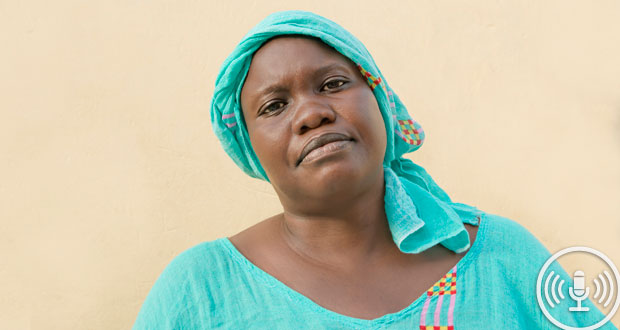Cervical screening project for circumcised women

Two health groups have launched a cervical screening project aimed at women affected by female genital circumcision or cutting (FGC).
It has been estimated that 130 million to 140 million people worldwide have experienced a form of FGC, PapScreen Victoria, the group leading the project along with Women’s Health West, said.
The new project aims to increase cervical screening participation amongst women affected by FGC through educational resources for women and health professionals. PapScreen Victoria is encouraging professionals who work in the regions of Victoria with female residents from the countries of Somalia, Egypt, Guinea, Sierra Leone, Djibouti, Mali, Sudan and Eritrea to use the resources.
Hiranthi Perera, PapScreen manager, said countries where this procedure takes place have high rates of cervical cancer. "It is vitally important that these women, once they reside here in Australia, have access to our cervical screening program."
Intesar Homed, Family and Reproductive Rights Education Program (FARREP) worker from Women’s Health West, said: “There is a continuing need among Australian healthcare professionals to better understand the healthcare needs of women who have been impacted by FGC. This lack of understanding prevents women from accessing health services such as pap tests.”
The resources that form part of the project include a visual card that details information on FGC and offers cultural and clinical advice, as well as fact sheets on cervical screening that have been translated into languages commonly spoken among women who have experienced FGC.
FARREP workers are also presenting professional development programs that delve into the history of FGC, the reasons it is practised and how nurses can conduct discussions with women who have been affected by it.
Perera said: “Female genital circumcision is a highly emotional issue, and we aim to find ways to make sure women who have settled in Victoria are able to take part in cervical screening in a way that is culturally safe and ensure they are able to be guided by trained health professionals in female genital circumcision.”
Email: [email protected]





